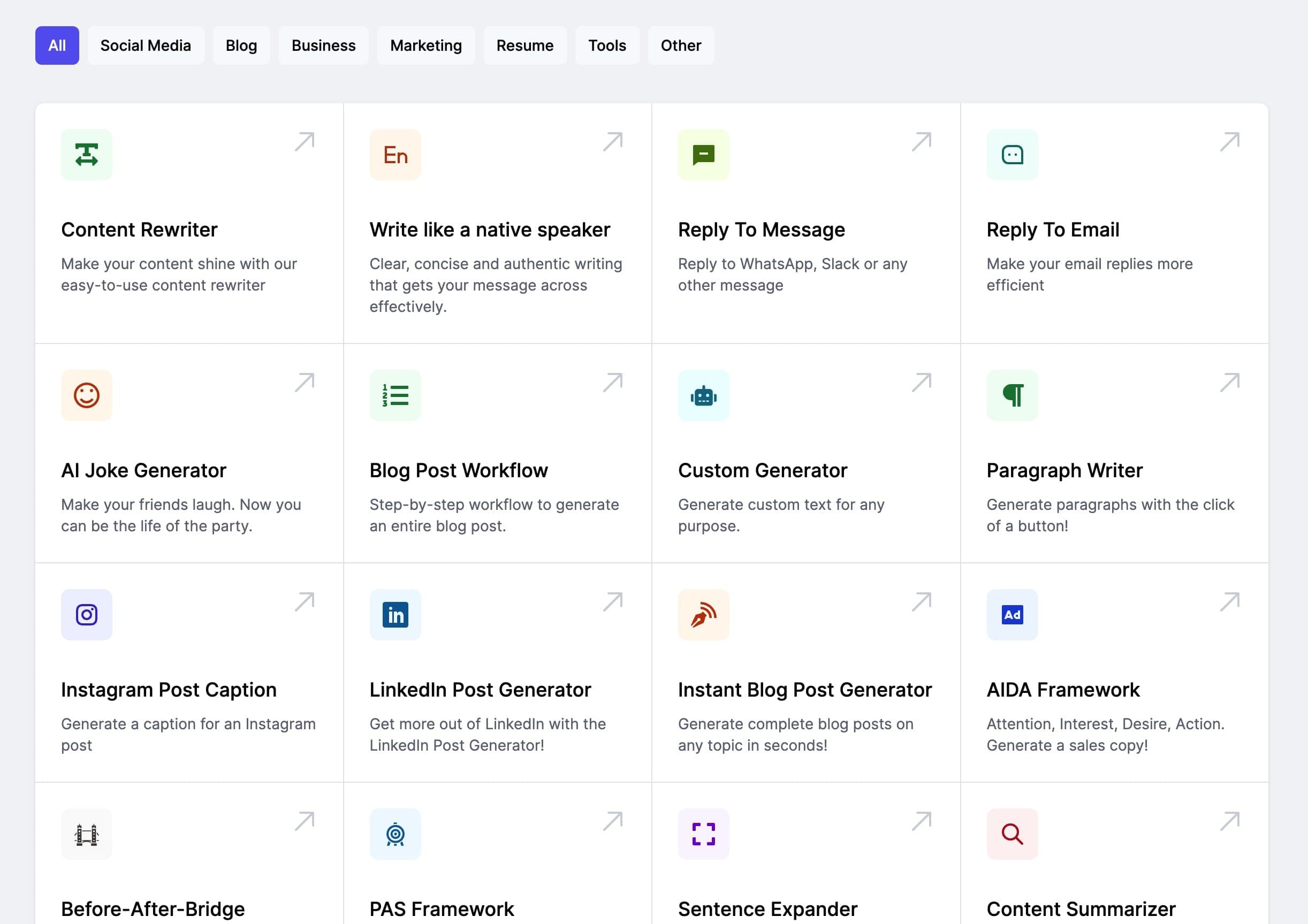Robotics and automation
The rapid advancement of robotics and automation technologies has significantly transformed various industries, enhancing operational efficiency and productivity. This research aims to investigate the impact of robotics and automation on manufacturing processes, focusing on the integration of these technologies within traditional production environments. Employing a mixed-methods approach, we conducted a quantitative analysis through the collection of production data from five manufacturing firms that have recently implemented robotic systems, alongside qualitative interviews with key stakeholders. Our findings reveal a 30% increase in production efficiency and a 20% reduction in operational costs post-implementation of robotic systems. Furthermore, qualitative insights indicate that employee attitudes towards automation have significantly shifted, with an increased recognition of the potential for robotics to augment rather than replace human labor. The results suggest that while automation can lead to improved economic outcomes, it necessitates a strategic approach to workforce management and reskilling initiatives to fully realize its benefits. The implications of this study underscore the importance of a balanced perspective on the deployment of robotics and automation, advocating for policies that foster integration while supporting workforce adaptation. Overall, this research contributes to the understanding of how robotics and automation can be leveraged to enhance manufacturing efficiency, highlighting the need for comprehensive strategies that address both technological and human factors.
